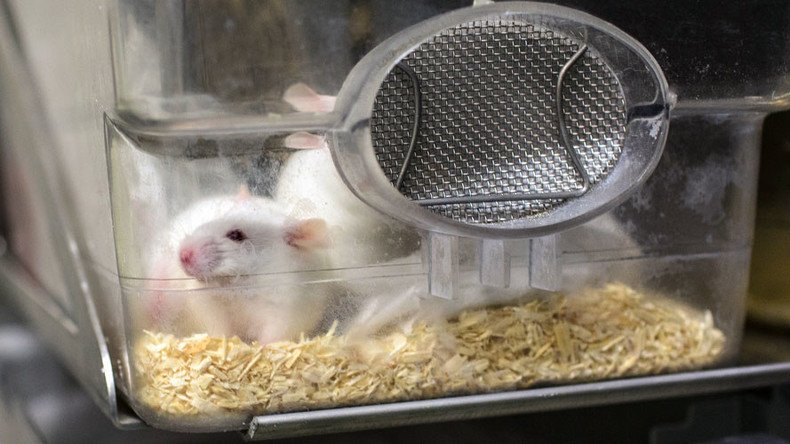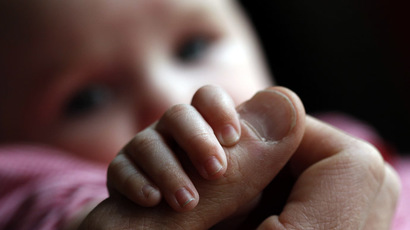Artificial eggs grown in science lab create living mice

Scientists have created artificial animal eggs in a laboratory to develop living mice in what is being hailed as a reproductive health breakthrough by British experts.
Japanese scientists took tissue cells from the tail of a mouse, reprogrammed them as stem cells and turned them into eggs in a petri dish. The eggs were then fertilized and the embryos implanted in female mice, which went on to give birth to 11 healthy pups.
Should the method work in humans, it could introduce powerful new ways of treating infertility, including for older women and those who produce fewer eggs.
Women are born with all the eggs they will have, so can struggle to conceive as they grow older as their eggs also age. If eggs are made from stem cells, they would be brand new and may even produce healthier babies.
The technique would also allow same-sex couples to produce biological offspring.
Richard Anderson, professor of clinical reproductive science at the University of Edinburgh, told the Telegraph this is the first time scientists have been able to develop fully mature eggs in a lab right through from the earliest stages of development.
“Although we are a long way from making artificial eggs for women at the moment, this study also provides us with a basis for experimental models to explore how eggs develop from other species, including in women.
“One day this approach might be useful for women who have lost their fertility at an early age, as well as for improvements in more conventional infertility treatments.”
The UK is at the forefront of trialling new in vitro fertilization (IVF) treatments.
Next year, Britain is set to become the first country to road-test a new IVF technique which would allow older women to have a greater chance of becoming pregnant by replacing the ‘batteries’ in their egg cells to make them ‘young’ again.
Britain was also the first country to legalize the creation of IVF babies using three parents, which doctors say could prevent inherited genetic diseases.
The first three-person baby could be born as early as next year.














